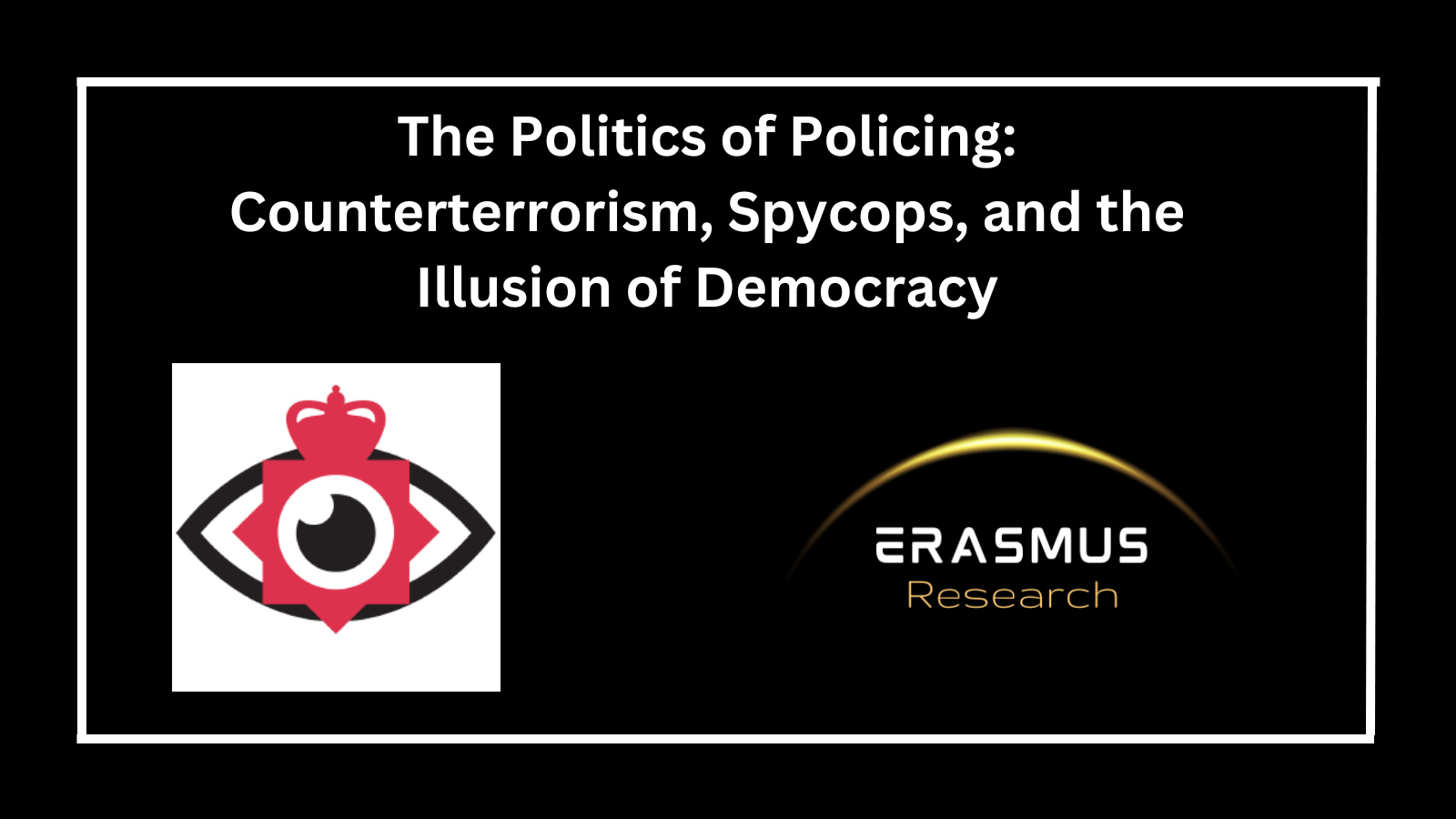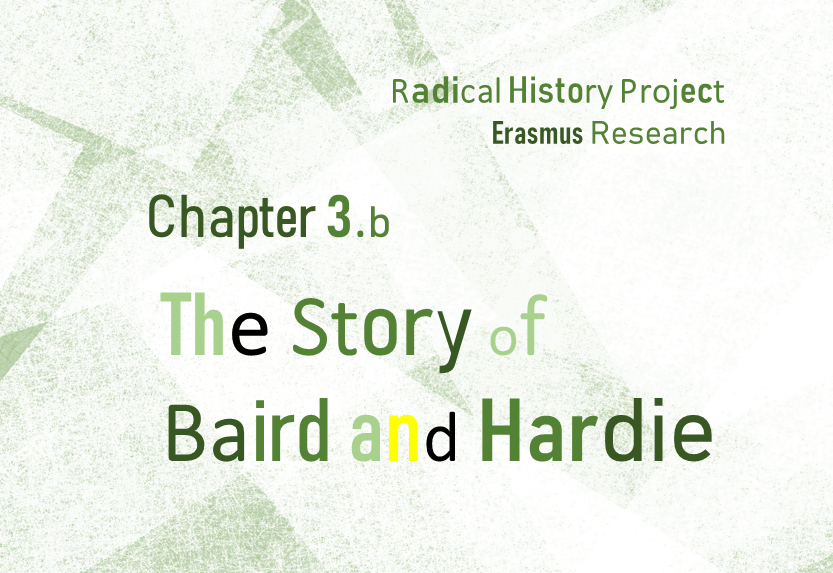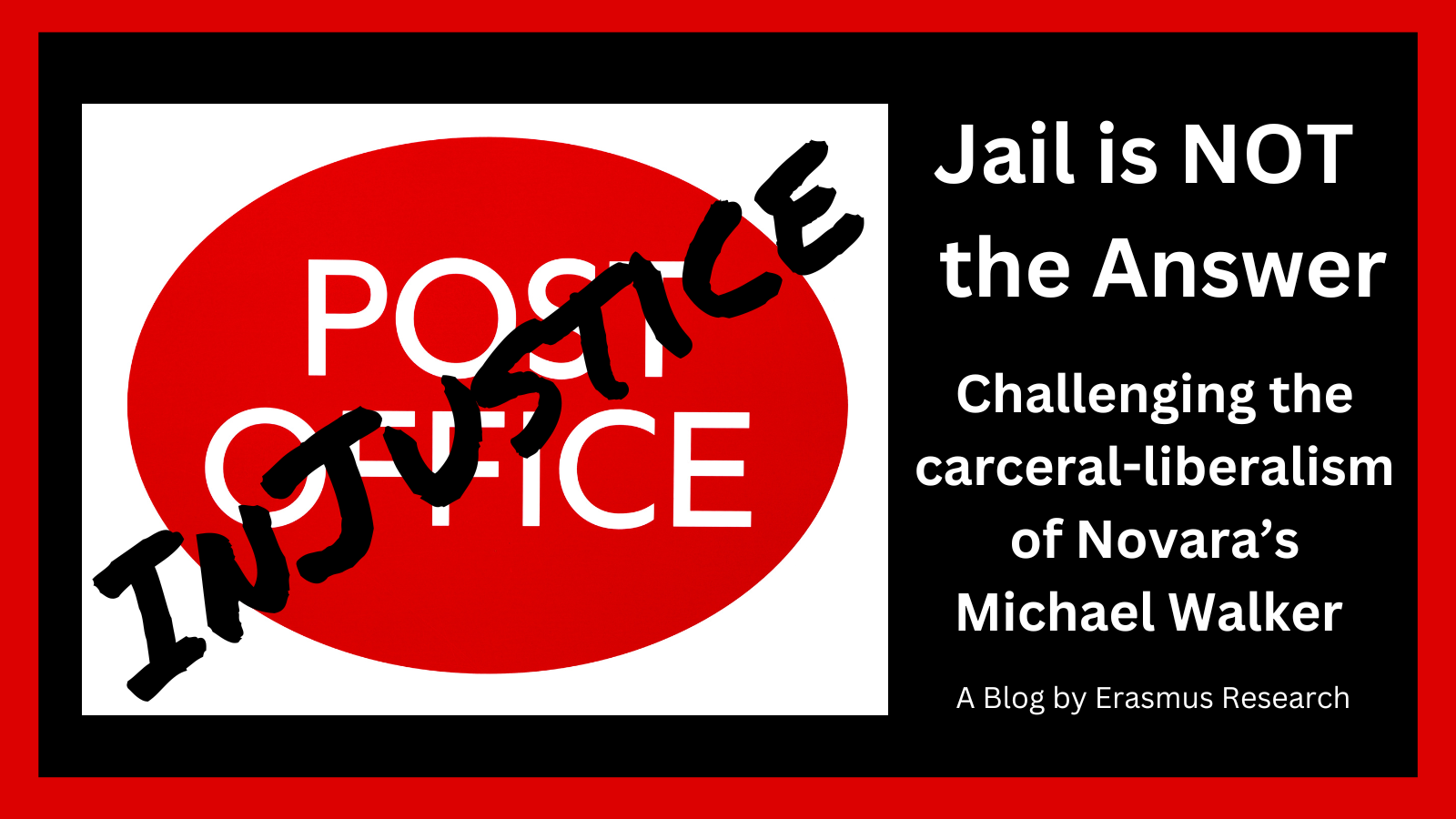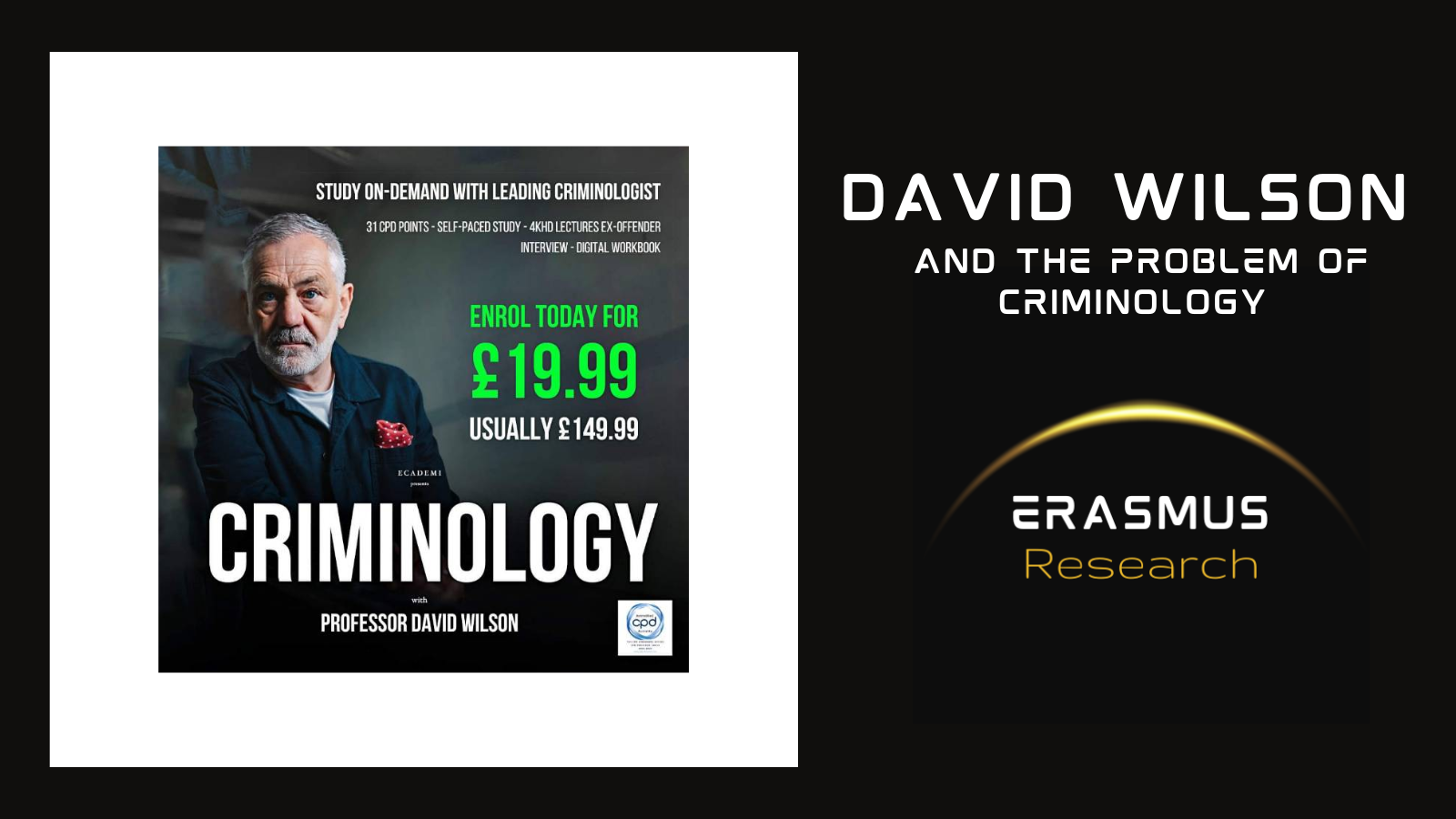In a Bluesky post linking to his Guardian article, George Monbiot states: “Perhaps Prevent failed to pick up on the danger signs from Axel Rudakubana partly because, in common with other anti-terrorist and anti-extremist bodies, it was politically captured and deployed against peaceful protesters and peaceful Muslims.” His argument is compelling in its exposure of the UK’s counterterrorism apparatus as fundamentally compromised by anti-democratic and Islamophobic actors who have been placed at the heart of government policy. But the real issue runs far deeper than political capture. The problem is not that Prevent and counterterror policing have been hijacked for political ends; it is that they were always political in nature.

The history of political policing in Britain proves this beyond doubt. The ongoing Undercover Policing Inquiry—despite being the most secretive public inquiry in British history—has already revealed shocking evidence that undercover officers, or ‘spycops’, systematically infiltrated peaceful and perfectly legal organisations. Adopting the identities of deceased infants, they embedded themselves in groups ranging from trade unions to environmental activists, from anti-racist campaigners to socialist organisations. Many of these officers engaged in deeply unethical and abusive practices, forming sexual relationships with unsuspecting activists, fathering children, and then vanishing from their lives. This was not the work of rogue individuals but a coordinated state strategy aimed at undermining political dissent.
What this inquiry exposes is not merely a scandal of deception and human rights abuses, but a fundamental truth about the British state. These groups—anti-war campaigners, trade unionists, animal rights activists—posed no threat to public safety, yet they were surveilled, infiltrated, and disrupted. The police systematically set about dismantling democratic engagement itself, proving that the greatest threat to so-called democracy was never the activists but the very institutions claiming to protect it.
The same logic underpins Prevent, which operates as a contemporary extension of this tradition of political policing. Rather than focusing on genuine threats to public safety, Prevent has been overwhelmingly directed at Muslims, left-wing activists, and critics of state power. Its core premise—that individuals can be identified and intervened upon before they commit any crime—is not based on any credible evidence but is instead rooted in the assumption that certain political ideologies are inherently dangerous. In reality, Prevent has functioned as a mechanism for criminalising dissent and enforcing ideological conformity.
None of this should be surprising. The police, as scholars have long argued, were never neutral arbiters of law and order. They were created to protect the material and symbolic interests of the powerful, and any notion of them as protectors of ‘the people’ is a myth carefully maintained to secure their legitimacy. Political policing, from undercover operations to counterterrorism strategies, exposes the reality that the primary function of the police is to defend the state and those who benefit from its structure.
In the UK, you are statistically far more likely to die in police custody than in a terror attack. If we include deaths following police contact, the number rises even further. Yet public fear is relentlessly directed elsewhere—towards Muslims, protesters, and those who challenge power. This is the real function of counterterrorism policing: not to keep people safe, but to maintain control.
The cracks in the illusion of police neutrality are widening. From the exposure of spycops to the growing evidence of Prevent’s discriminatory impact, the truth is becoming harder to ignore: the police exist to serve the interests of the powerful, and any attempt to portray them otherwise is a carefully crafted fiction. As more people recognise this reality, the state’s ability to manufacture consent for its repressive apparatus will continue to erode. The question is, how long can they maintain the illusion before it collapses entirely?
The banner image above contains the logo of the Campaign Group Police Spies Out of Lives







